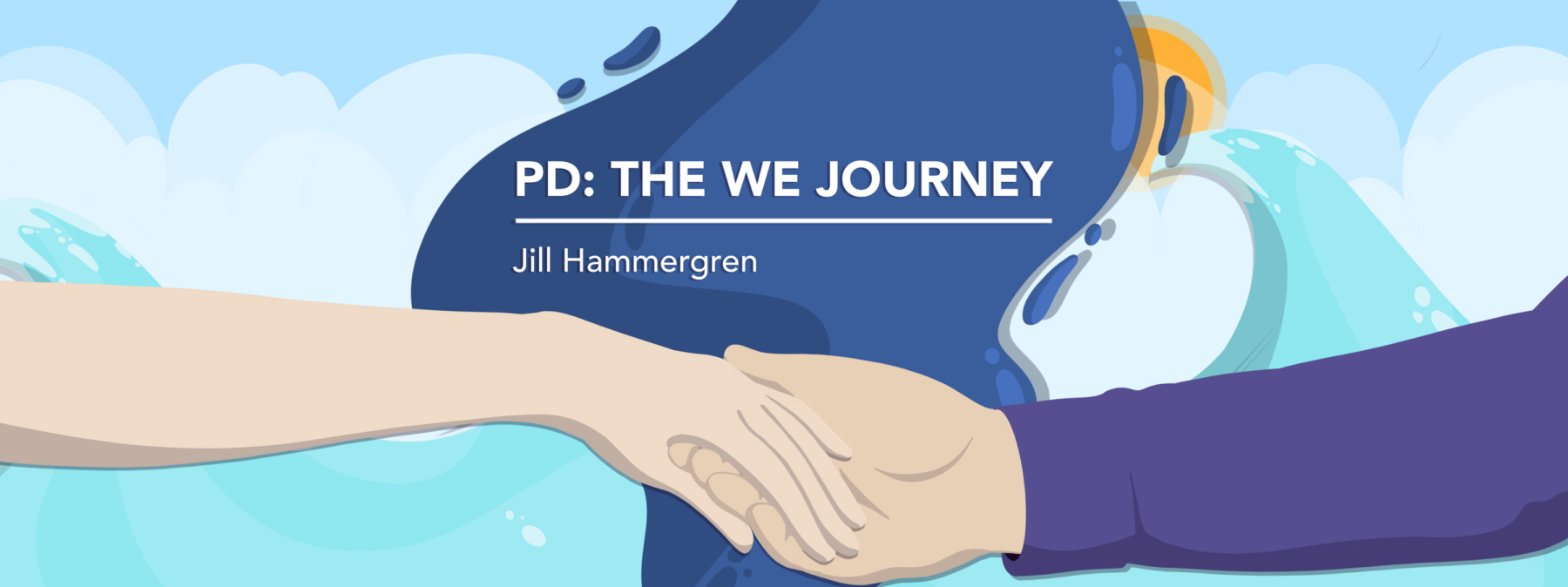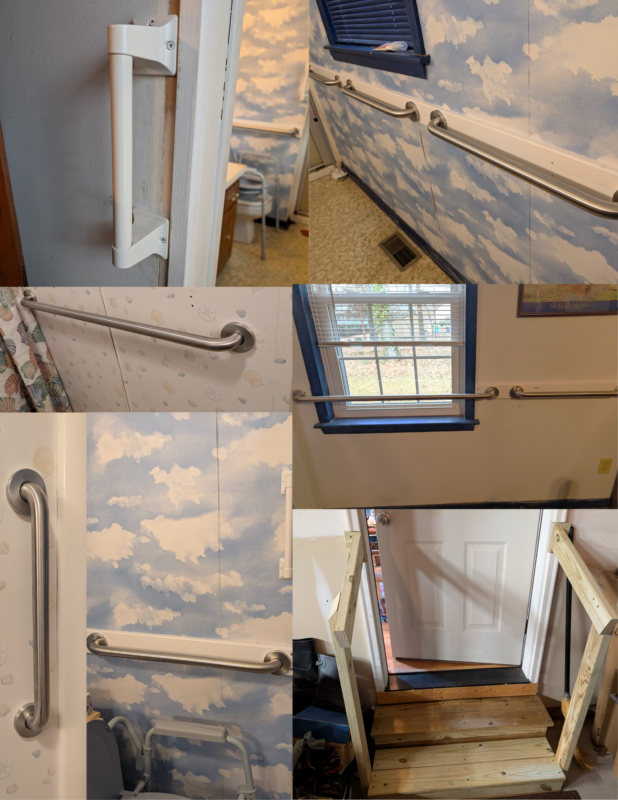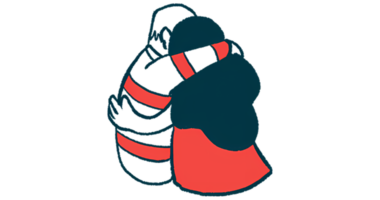Navigating uncharted waters as a Parkinson’s caregiver
I sometimes feel like my husband and I are lost at sea

As a caregiver to a husband with Parkinson’s disease, I often feel like we’re in an unseaworthy boat surrounded by sharks, searching for a lighthouse.
So far, nearly 11 years after my husband Eric’s Parkinson’s diagnosis, we’ve been able to ride the waves of the disease’s progression. But nothing is ever smooth, and our sea legs remain firmly planted on the deck of our boat. We’ve managed to find a flotilla of others who are also living with Parkinson’s, and together, we navigate the challenges.
Every once in a while, a rogue wave will pummel our boat, threatening to capsize it. This happened in January when Eric was diagnosed with Guillain-Barré syndrome, a rare condition that affects the peripheral nervous system. Eric is among the 1 million people who have Parkinson’s disease in the U.S. Now, he’s also among the 3,000-6,000 people who develop Guillain-Barré syndrome each year in this country. This autoimmune disorder attacks the nerves in his hands and feet, fills him with tingling pins and needles, weakens his neuromuscular control, and causes peripheral neuropathy.
His new diagnosis is a significant setback in our shared Parkinson’s journey. Three years ago, Eric had bilateral deep brain stimulation surgery, and as a result, his mobility improved. But now he’s struggling again with mobility and dexterity issues that leave him disheartened and frustrated and require me to provide additional care.
Longing for a break in the storm
One of Eric’s favorite TV shows is Discovery Channel’s “Deadliest Catch,” which follows Alaska crab fishermen in the Bering Sea, doing one of the most dangerous jobs on earth. Those daredevil anglers choose to confront one of the most hostile environments to earn a living for their families.

Members of Jill Hammergren’s church pitched in to help install grab bars and stairs in the Hammergren home for Jill’s husband, Eric, who has Parkinson’s disease and Guillain-Barré syndrome. (Courtesy of Jill Hammergren)
But we caregivers, whose spouses, children, parents, grandparents, and other loved ones have chronic or rare diseases, didn’t choose this role. Family caregivers usually aren’t trained to confront the unexpected challenges of caregiving; we just do what we have to do. It’s a learn-by-doing situation. No website or manual has all the answers. We do things we never imagined we’d have to do or could do.
Sometimes I feel adrift, helpless, and alone. Thankfully, I have a terrific sister who is my sounding board and several care partners and friends with whom I can rant and cry if needed. However, the difficulties always come down to this: We assume the role of caregiving because we love our family members.
Caregiving for someone with a rare or chronic condition presents us with both planned and unplanned obstacles and expenses, such as insurance deductibles, out-of-pocket medication costs, medical procedures, hospitalizations, home modifications, assistive technology devices, and other tools. We’re grateful to the angels from our church who recently removed the doors and frames in our bathrooms so that Eric’s rollator can fit through the doorway, installed grab bars in the bathrooms and the bedroom, reconfigured the steps, and added handrails leading to our garage. These modifications are a tremendous help for Eric.
As I look across our rudderless boat, I know we’ll somehow get through this together. I keep telling myself that regardless of how exhausted and drained I am, we’ll continue to manage this vessel as best we can. Eric and I rely on faith, family, friends, love, strength, and God’s assurance that calmer waters are on the horizon. Even if it’s only temporary, we’ll be able to catch our breath and find a buoy before the next big wave comes. This is my hope for every caregiver who faces similar challenges.
Note: Parkinson’s News Today is strictly a news and information website about the disease. It does not provide medical advice, diagnosis, or treatment. This content is not intended to be a substitute for professional medical advice, diagnosis, or treatment. Always seek the advice of your physician or another qualified health provider with any questions you may have regarding a medical condition. Never disregard professional medical advice or delay in seeking it because of something you have read on this website. The opinions expressed in this column are not those of Parkinson’s News Today or its parent company, Bionews, and are intended to spark discussion about issues pertaining to Parkinson’s disease.








Leave a comment
Fill in the required fields to post. Your email address will not be published.